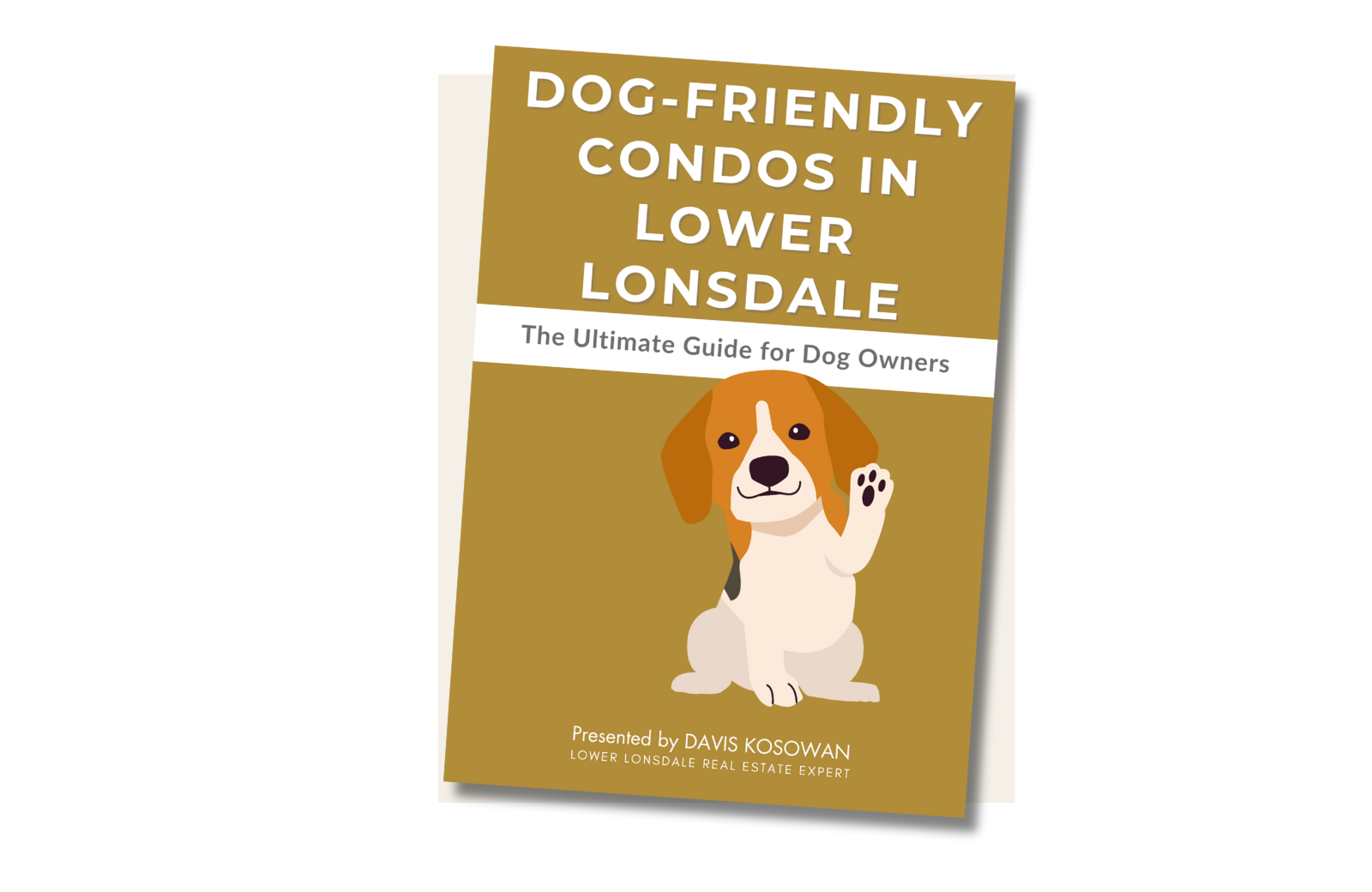Condo Specialist North Vancouver – If you’re preparing to list your condo in today’s North Vancouver real estate market, you want to make sure it shines—and that you walk away with the best possible sale price. The right preparation can make a huge difference in both buyer interest and final offers.
What we’re going to cover:
We’ll walk through the key steps that can help you maximize your condo’s value before listing—so you know what to focus on and what really matters to buyers.
Why it matters:
In a competitive North & West Vancouver property listings market, well-prepared condos stand out. The better your presentation, the stronger your buyer interest and negotiating power.
Why it's important to you:
Whether you're aiming for top dollar, a quick sale, or both, these steps will help ensure your condo hits the market in its best possible light—so you can achieve your goals.
📌 Disclaimer: This is for informational purposes only and should not be considered real estate advice. Always verify information independently and consult with a qualified professional before making any real estate decisions.
Step 1 – Start with a Professional Home Sale Readiness Audit
Before you think about pricing or marketing, start with a Home Sale Readiness Audit. This professional assessment focuses on your condo’s current condition and identifies simple, high-impact improvements to help it stand out.
Why this matters:
Pinpoints any quick fixes or updates that could boost buyer appeal
Helps you avoid over-renovating or spending unnecessarily
Targets the elements that influence first impressions—which is where buyers form value judgments
The result: a clear plan to get your condo ready for the North Vancouver real estate market with confidence.
Step 2 – Get a Comparative Real Estate Market Analysis (CMA)
Once your condo is audit-ready, it’s time for a Comparative real estate market analysis (CMA). This gives you a true picture of what similar properties are selling for—and where your condo will fit in the current market.
Why this matters:
Pricing is everything—and smart pricing starts with a solid CMA
The North & West Vancouver property listings market is dynamic, and buyer expectations shift quickly
An accurate CMA helps you price competitively while protecting your value
Step 3 – Focus on High-Impact Improvements
Some updates offer excellent return on investment—others don’t. Focus on what today’s buyers notice most:
Fresh Paint & Neutral Tones
A simple paint refresh can make a condo feel brand new. Stick to neutral, modern colours.
Updated Lighting & Fixtures
Modern lighting, faucets, and hardware instantly elevate the space.
Minor Kitchen & Bathroom Touches
New cabinet handles, faucet updates, or a statement light fixture can dramatically improve buyer perception without major expense.
Step 4 – Declutter and Depersonalize
Less is more. Buyers want to envision their life in your space—not yours.
Clear surfaces
Remove excess furniture
Store personal photos and memorabilia
This helps buyers mentally move in—which leads to better offers.
Step 5 – Stage for the Target Market
Every neighbourhood and price point in North & West Vancouver has its own buyer profile. Your staging should match that profile.
A Condo Specialist North Vancouver can help tailor staging for:
Downsizers seeking turnkey luxury
First-time buyers valuing smart, modern finishes
Investors looking for rental-ready appeal
Step 6 – Maximize Curb Appeal (Yes, Even for Condos)
Buyers start forming opinions before they enter your unit. Make sure the approach is welcoming:
Clean entryway and door
If allowed, tasteful door mat or plant
Engage your strata if lobby or hallway updates are needed—you’d be surprised how much this matters
Step 7 – Professional Photography & Marketing
Online presentation is everything in today’s North Vancouver real estate market.
Professional photos, floorplans, and high-quality marketing bring:
More views
More showings
More offers
Buyers shop with their eyes first—and standout visuals give your condo an edge.
Final Tips: Is Now the Right Time to List?
With high inventory in many segments of North & West Vancouver property listings, presentation & price matter.
A Condo Specialist North Vancouver can:
Help you get the best possible results in today’s market.
Ready to Maximize Your Condo’s Value?
Click the button below to connect with Davis—to book a Home Sale Readiness Audit, request a free market analysis, or simply grab a coffee and ask a question.
Want to know what buyers look for?
7 Things to Check in Strata Documents Before Buying a Condo
#CondoSpecialistNorthVan
#MaximizeCondoValue
#NorthVanRealEstate
#RealEstateTips
#NorthVanListings













